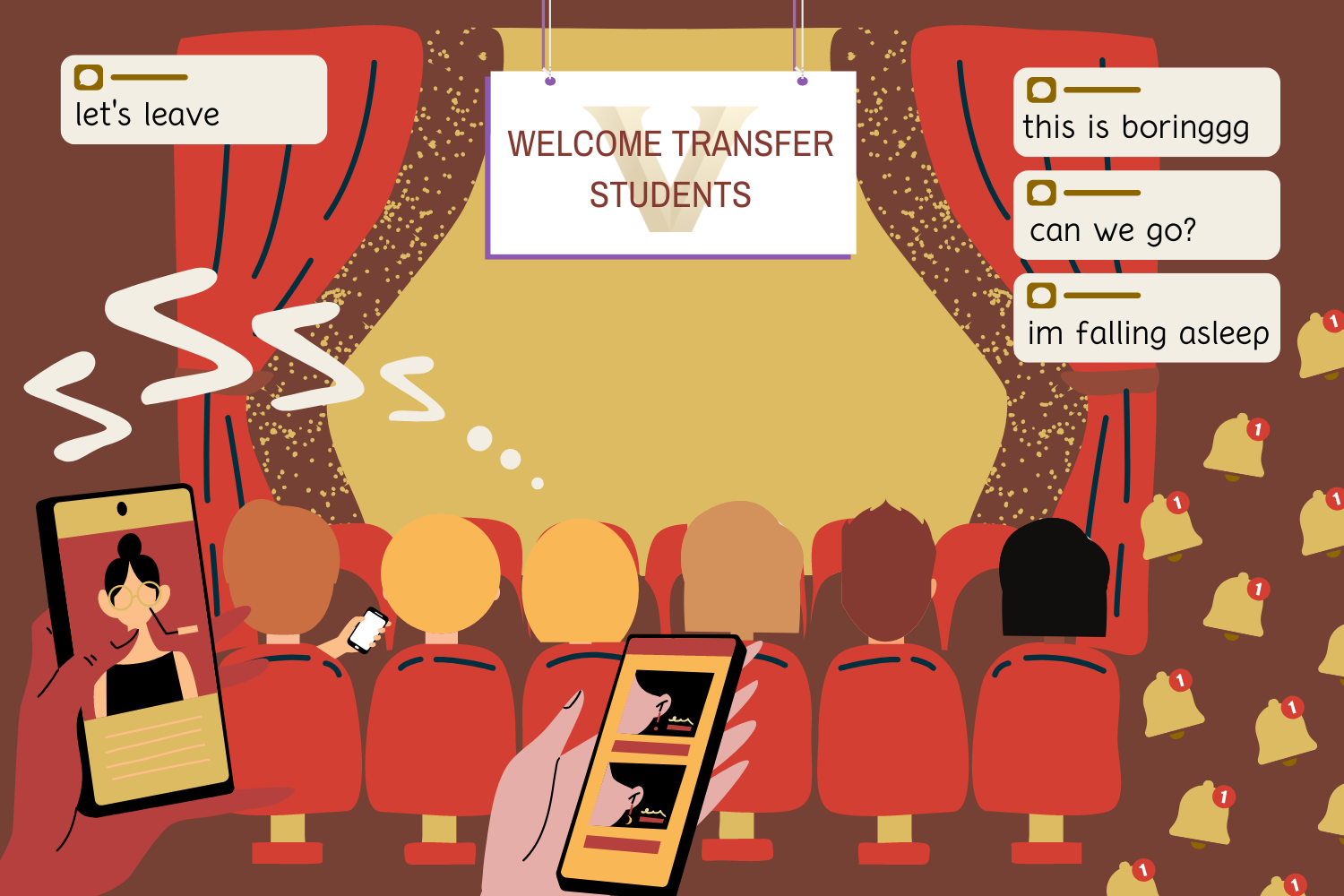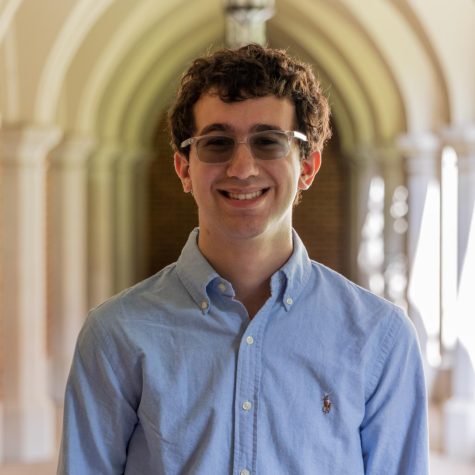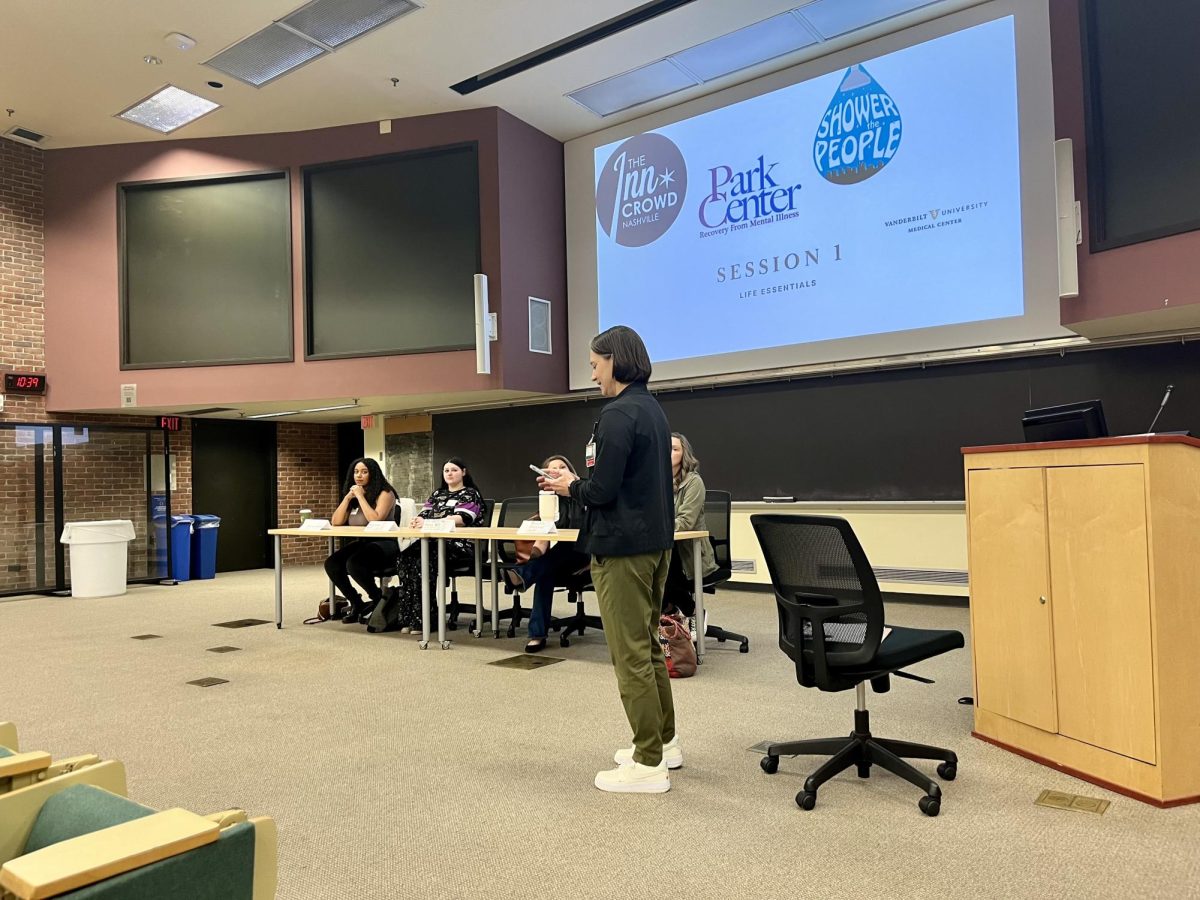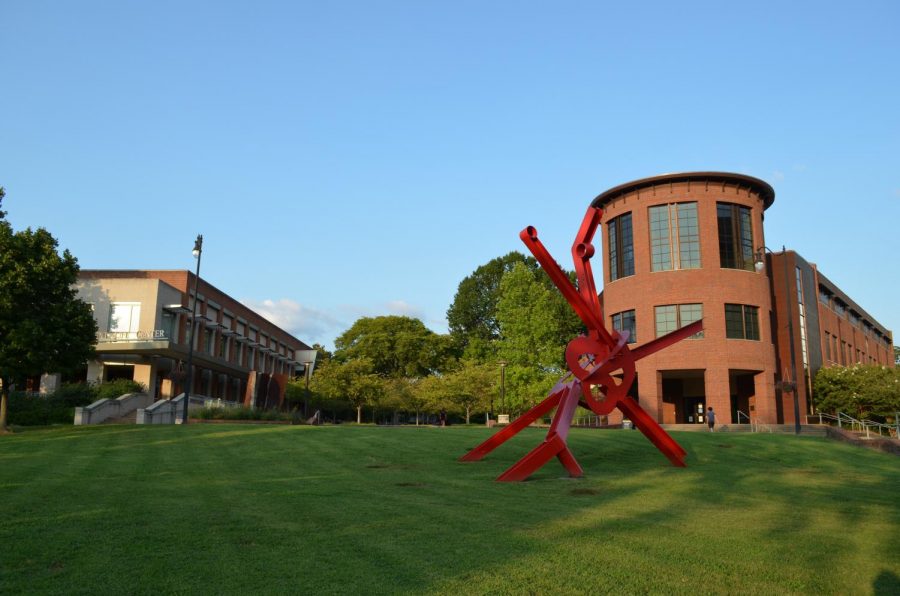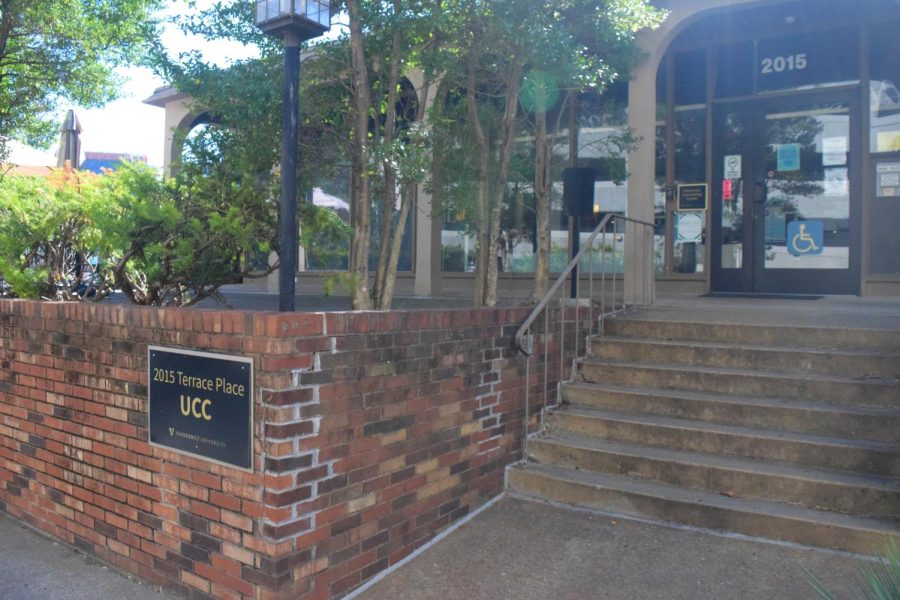Unique.
This is the word administrators repeat ad nauseum during opening speeches for Vanderbilt’s transfer orientation. In front of them, a sea of sleepy faces not-so-subtly glance down at their phones, waiting impatiently to be dismissed from the hours-long introduction. It’s an image in stark contrast to that of the frantic move-in process in which the transfers participated just 24 hours ago. Transfers were greeted on campus with an enthusiastic welcome and the promise of exciting possibilities, yet any sense of wonder these students had seems to have been sucked out of them just a day later. So what happened?
Vanderbilt Transfer Student Orientation is an eight-day program running this year from Aug. 19-23 and Aug. 27-28, with optional programming on Aug. 26. The program, which was designed to help new transfer students smoothly transition to Vanderbilt, features a mix of compulsory lectures and on-campus social activities. Transfers spend almost the entirety of these activities exclusively with other transfer students. It’s essentially a truncated first-year orientation, a highly manufactured social environment for students entering a new phase of their lives.
Here lies the underlying issue with Vanderbilt’s transfer orientation: Transfers and first-years are very different.
Transfers aren’t entering a new stage of their lives. Yes, we are new to Vanderbilt, but we are very much not new to college life. We have already been through first-year orientation at our previous schools; we’ve learned about collegiate living and operations. Transfer students are generally aware of services like university police, student health and campus dining, which are common on most U.S. college campuses. Allowing students to individually reach out to Vanderbilt’s services instead of making us sit through panels would save students without questions time to explore campus and meet other students. This nearly self-explanatory information could alternatively be presented by email or in a booklet for students to read on their own time. Vanderbilt also has information on these services and other university initiatives, like Immersion Vanderbilt and the Student Care Network, online, allowing students to absorb information on-demand and at their own pace.
University-organized social events can be a great way for transfer students to meet new people. The issue with these events, however, is that incoming transfer cohorts are much smaller than incoming first-year cohorts. Transfer social events, therefore, are often much more tedious than those of their first-year counterparts; after one or two events, most students have already met everyone there is to meet. Making these social events optional would allow students to get to know each other outside of a structured schedule. Finding friend groups should be a natural process driven by students themselves, not by university-mandated social time. This format would also spare more introverted students from the discomfort of large-scale mingling and allow them to meet people more organically through classes and campus activities.
Here lies the underlying issue with Vanderbilt’s transfer orientation: Transfers and first-years are very different.
In addition to these ideas, there are new initiatives that could help make transfer students feel more at home at Vanderbilt. Transfer students may not be new to the college experience, but most of us are new to Nashville. Providing optional guided excursions into downtown Nashville would help transfers become acquainted with their new city, create more social opportunities and provide a safe alternative to students exploring Nashville for the first time on their own. Incorporating a community service activity into orientation would also allow students to better acquaint themselves with Nashville’s community and create a foundation for future community service participation.
Not all of the transfer orientation program needs changing, though. The mandatory Founders Walk and Community Commitments Ceremony help introduce transfer students to Vanderbilt’s community values while honoring them with pomp and circumstance. Optional programs tailored to specific groups of transfers (including LGBTQIA+ students and junior transfers) allow for students who may feel like outsiders to unite in dedicated spaces. Perhaps most importantly, orientation programming provides training related to inclusion, alcohol awareness and sexual violence. While students have no doubt received similar training before, this information is essential to student health and safety and merits repetition.
The enthusiasm that Vanderbilt’s faculty and staff have for transfer students has been visible throughout orientation programming, and it is much appreciated. We are happy to hear that we are valued additions to the campus community. Rather than simply telling us that we are unique, however, orientation organizers should incorporate our uniqueness into their programming.
Allow transfer students to exercise independence and provide programming relevant to our specific needs. Our welcome will feel all the much warmer for it.



